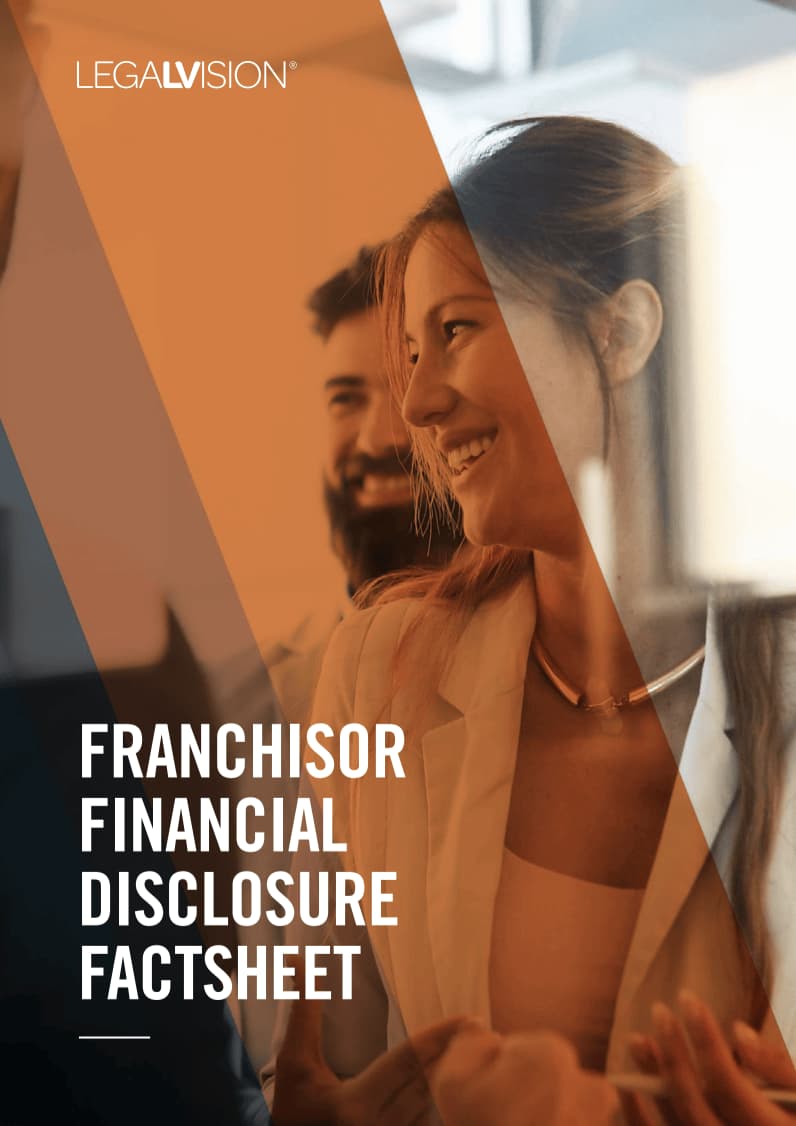It is common sense that many franchisors require franchisees to operate their franchised business from a specific site or premises. McDonald’s really would not work without those Golden Arches, after all. To secure occupancy rights, a franchisee may lease the premises directly. Alternatively, the franchisor can sub-leases or license occupancy rights to the franchisee. Misleading and deceptive conduct can also arise in the context of leasing and licencing, which franchisors need to be aware of.
This article will set out:
- misleading and deceptive conduct in a leasing context;
- how it can occur;
- what the retail leasing legislation says; and
- how this will affect you as a franchisor.
What Are the Laws Surrounding Misleading and Deceptive Conduct in Leasing?
The Australian Consumer Law prohibits misleading and deceptive conduct in trade or commerce. These statutory provisions are perhaps the most litigated in franchisor/franchisee disputes in Australia. However, retail leasing legislation also contains similar, yet lesser-known, provisions.
All franchisors who enter into leases for franchised premises or who are otherwise involved in the lease negotiation process should be aware that some of the specific leasing laws in specific Australian states or territories also strictly prohibit misleading and deceptive conduct.
State Laws
The following states’ retail legislation contains terms addressing misleading and deceptive conduct:
- New South Wales (NSW) and Western Australia retail legislation strictly prohibits misleading and deceptive conduct; and
- Queensland retail legislation states that if a tenant enters into a lease on false or misleading statements or there are false or misleading statements in a disclosure statement, this may entitle them to compensation.
In the above states, you may have a claim brought against you under both the ACL and individual retail legislation if it is alleged that you have engaged in misleading and deceptive conduct. It is important to keep in mind that a franchisor who takes a lease and issues a license to the relevant franchisor will be deemed a lessor for the purpose of certain retail lease legislation. For example, legislation in NSW expressly provides that a sublessor is a lessor for the purpose of the NSW Retail Leases Act.
Note that all the states have certain laws surrounding false or misleading statements or information provided in lessor disclosure statements. For example, in NSW, the legislation provides that:
- the provision of a lessor’s disclosure statement to a prospective lessee is considered to be the making of a representation as to the information in the disclosure statement; and
- representations could amount to misleading and deceptive conduct if the party making the representation knew it was false or misleading.
What Conduct May be Misleading or Deceptive in Leasing?
Misleading and deceptive conduct may occur both through the provision of documents or representations made by you or your employees/representatives.
It is important to remember that all information you provide to a franchisee, especially before entering into the franchise agreement, may be used to influence their final decision as to whether to proceed with purchasing the franchised business and entering into the lease or licence.
Representations
In franchising, franchisors may make statements regarding the suitability or otherwise of specific premises or sites. Suppose you make representations in relation to the premises, and they do not have a basis in fact. In that case, a court may deem this as misleading and deceptive conduct. For example, these representations could be in relation to the:
- location of the premises;
- rent (and whether such rent is cheap or otherwise for the area);
- introduction of anchor tenants;
- status of any proposed development; and
- whether the premises will be successful or the surrounding area of the premises.
Even representations regarding the general percentage of a franchisee’s turnover they should allocate for rent may be misleading or deceptive. This is if you do not have reasonable grounds for making such statements.
If the lessor made such statements and the franchisor knew such statements to be false and failed to correct them, even this could render the franchisor liable. This is because misleading and deceptive conduct can arise by silence.
Provision of Documents
The new changes to the Franchising Code of Conduct, now require franchisors to provide extensive lease documents to franchisees. It is important to remember that providing lease documents to the franchisee counts as a representation by you, even though you did not draft them. There are precautionary steps you may take to ensure this is clear to franchisees. However, as a general rule, lease documents must only be provided to franchisees if they accurately reflect your understanding of the premises.

This factsheet sets out the three key financial disclosure obligations every franchisor needs to comply with.
What Can I Do to Mitigate the Risk of Misleading or Deceptive Conduct?
Purchasing a franchise, especially one that requires the franchisee to enter into a lease or otherwise, is a big decision. Therefore, you must have in place the right processes to ensure all representations made are accurate and will not mislead or deceive the franchisee.
Some steps to mitigate the risk of any claims of misleading and deceptive conduct concerning leasing are:
- do not say too much about a particular premises and direct enquiries regarding the premises to the lessor where appropriate;
- to the extent you have not made independent enquiries regarding particulars as contained on lease documents, but are relying on information from the lessor, ensure the franchisee is aware of that reliance (by confirming that position in writing);
- do not involve yourself in lease negotiations unless it is essential;
- train all employees on misleading and deceptive conduct to ensure they understand their obligations;
- ensure that you do not make representations to franchisees regarding the suitability of the premises or otherwise;
- clearly inform franchisees that they should make their own enquiries regarding the suitability of any premises. Also state that you make no representations or warranties concerning the premises;
- in providing any lease documents to franchisees, ensure that you make it clear that you have not prepared such documents. Encourage the franchisee to make their own enquiries in relation to the lease documents with the lessor directly; and
- avoid providing any draft lease documents to the franchisee, as the final terms of the lease may be substantially different.
Key Takeaways
If you require franchisees to enter into a lease, licence agreement or similar, you should be aware that misleading and deceptive conduct does apply to any leasing/licence agreement. Additionally, be wary of making any representations regarding the premises beyond any statements founded in fact. Further, you should ensure that only accurate and final copies of lease documents are provided to franchisees. You can also advise franchisees to undertake their own due diligence concerning the premises. If you would like further advice regarding misleading and deceptive conduct in franchise leasing, contact LegalVision’s franchise lawyers on 1300 544 755 or fill out the form on this page.
Frequently Asked Questions
Representations can be made by you or your employees/representatives. They are usually statements made and they may amount to misleading or deceptive conduct if they give a false impression and are not founded in fact
If you state that the premises will be successful because there is a lot of foot traffic in the area, and this is not true, it could amount to misleading or deceptive conduct.
We appreciate your feedback – your submission has been successfully received.












